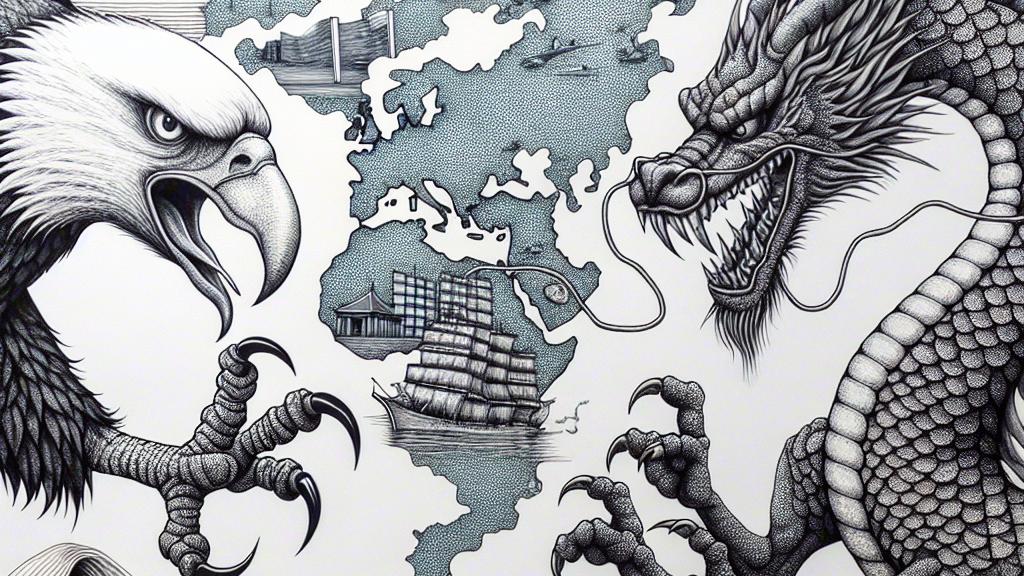Impact of a Hawkish Trump Administration on US-China Relations
Overview
- Trump's hawkish cabinet may significantly escalate tensions with China.
- Key figures like Pompeo and O'Brien advocate for aggressive policies against Chinese actions.
- China faces internal challenges but seeks to project strength internationally.

Escalating Tensions in US-China Relations
The potential revival of a hawkish Trump administration is set to intensify an already fraught relationship between the United States and China. With figures like Mike Pompeo, renowned for his hardline stance, likely to reclaim key roles, the US may adopt stricter policies that could lead to diplomatic strife. This aggressive approach might include increased tariffs, military maneuvers in the Taiwan Strait, and heightened sanctions, all of which could provoke a robust response from Beijing. While experts warn of a ‘new Cold War,’ an interesting twist lies in China's reaction; instead of panicking, they seem poised, ready to counter any challenges with equal determination. This dualistic response highlights the complexity of the international landscape as both nations maneuver for advantageous positions.
China's Domestic Pressures and Strategic Maneuvers
Amidst these rising tensions, China grapples with serious internal issues, including economic slowdowns and public health crises, which test the leadership’s resilience. To bolster its legitimacy at home, Beijing seeks to cultivate a powerful global image. For example, President Xi Jinping might be tempted to showcase military strength, conducting large-scale exercises in the South China Sea as a response to US maneuvers. This not only serves as a deterrent but also reinforces national pride among citizens, reminding them of China’s growing prowess. Furthermore, China's diplomatic endeavors—like securing partnerships with Russia and other countries—are not merely for show; they are vital for diversifying alliances against Western pressures, strategically positioning China in a multipolar world.
Anticipating the Future: A Game of Complex Strategies
Looking ahead, the road for US-China relations is intricately woven with both cooperation and competition. As Trump’s cabinet potentially ramps up military support for Taiwan and conducts more extensive freedom of navigation operations in international waters, we should expect China to respond decisively. The stakes are high, as each country reevaluates its strategies—China’s push for technological self-sufficiency and military modernization versus the US’s commitment to strengthening alliances in the Asia-Pacific. Imagine this scenario as a complex chess game, where every move carries significant weight. Consequently, while summits and negotiations may occur, underlying tensions are likely to persist, keeping the global community on edge and continually reshaping the international order.

Loading...